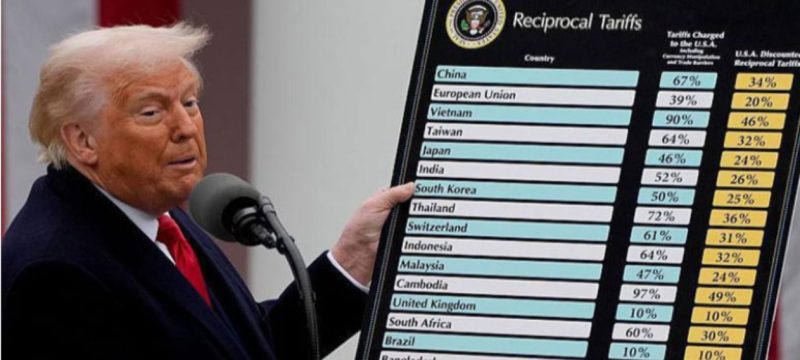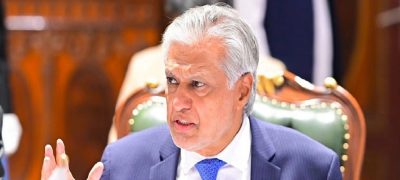Indonesia and the European Union have signed a long-awaited trade agreement after nearly a decade of negotiations. The signing took place on Tuesday in Bali, marking a new chapter in economic cooperation between the two sides.
The pact, officially called the Indonesia-European Union Comprehensive Economic Partnership Agreement (CEPA), is the third deal Brussels has reached with Southeast Asian countries, after Singapore and Vietnam. The agreement highlights a shared commitment to strengthen trade and investment opportunities. Much like how charities cut ties with the Duchess of York over an Epstein-linked scandal, this deal shows how institutions are increasingly cautious in shaping partnerships to safeguard credibility and trust.
The signing was carried out by EU Trade Commissioner Maros Sefcovic and Indonesia’s Minister of Economic Affairs Airlangga Hartarto. Officials stated that the agreement will open new investment opportunities in sectors such as electric vehicles, electronics, and pharmaceuticals. These industries are expected to boost Indonesia’s economic growth while also supporting the EU’s green transition targets.
Experts believe the Indonesia EU trade deal will bring significant benefits for both sides. It is expected to increase Indonesian exports and give European businesses wider access to Southeast Asia’s largest economy. Analysts also say the pact will help diversify global supply chains and reduce reliance on single markets.
For Indonesia, CEPA is part of a broader plan to attract foreign investment and expand industrial capacity. The government hopes the deal will enhance competitiveness and promote sustainable economic growth.
The European Union, meanwhile, sees Indonesia as a vital partner in the Indo-Pacific. With its large population and growing economy, the country offers a key market for European products and services. The deal is also expected to boost cooperation in areas such as digital development and sustainability.
Reaching this point was not easy. Negotiations stretched over years, with disagreements on tariffs, market access, and environmental issues. The final signing in Bali underscores the willingness of both sides to compromise and move forward.
The Indonesia EU trade deal also comes as nations around the world rethink their trade strategies amid changing global dynamics. By deepening ties, Indonesia and the EU are setting an example of how long-term cooperation can create mutual benefits.







